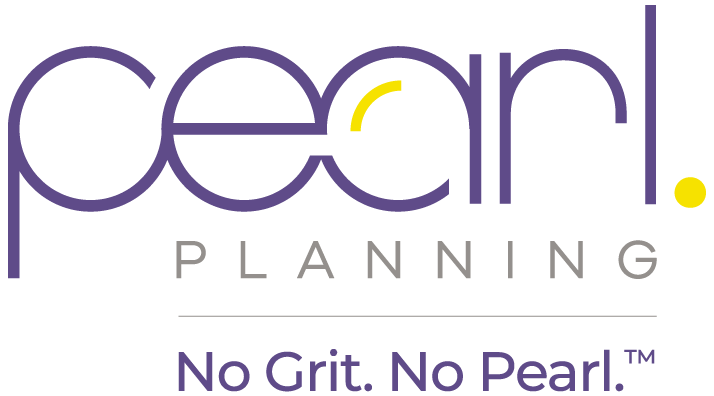Lately, there has not been a dull moment when it comes to tax updates. That being said, we have another tax update for you, this time relating to a new law that was passed recently in the state of Michigan. House Bill 5376 was signed into law in December of 2021. This bill impacts pass-through organizations by allowing them to elect to pay tax at the entity level. We will give you a breakdown of whom this bill impacts and how to make the most of the tax savings it can offer.
What is a Pass-Through Organization?
First things first. You might be asking yourself, “What is a pass-through organization?” A pass-through organization is a type of business structure where the owner can include their profits as taxable income at the individual income tax level. This type of structuring allows businesses to avoid corporate income tax.
Pass-through organizations include:
- S-Corps
- Partnerships
- Limited partnerships
- Limited liability partnerships (LLPs)
- Limited liability companies (LLCs)
Prior to 2017, an individual could itemize unlimited deductions for state and local taxes paid during the year. This meant that when pass-through businesses reported income on their individual returns, they would pay any taxes owed on the income. From there, they could subsequently deduct all state and local tax as an itemized deduction without limit. It is important to note that this included income tax, property tax, sales tax and real estate tax. However, back in 2017 when the Tax Cuts and Jobs Act passed, there was a $10,000 cap that was placed on federal itemized deductions on state and local taxes paid by individuals. This particularly impacted pass-through businesses as they generally exceeded the $10,000 cap on itemized tax deductions.
New Law Enactment
With the enactment of this new law, pass-through organizations can elect to pay their Michigan income tax at the entity level. With this election, there will no longer be the $10,000 cap on the federal itemized deduction of state and local taxes paid. This is known as the State and Local Tax (SALT) workaround. It is important to note that the tax rate is the same for both the individual and entity level (4.25% in Michigan currently). We recommend touching base with your CPA on this topic. However, typically once this election is made, you can claim a credit on your Michigan tax return for the state and local tax paid at the entity level.
There are a few important dates to keep in mind if you are considering the SALT workaround for your pass-through business. The election can be made retroactively for the 2021 tax year. However, you are required to make the election by April 15, 2022. If you elect to utilize the workaround, it is permanent for two years.
As with all tax tips, we recommend contacting your accountant to determine if it is the right choice for you and your pass-through business. Do not forget, we are always here to help! We here at Pearl Planning would be happy to jump on a call with you and your accountant to see if you may be able to benefit from making this election.


